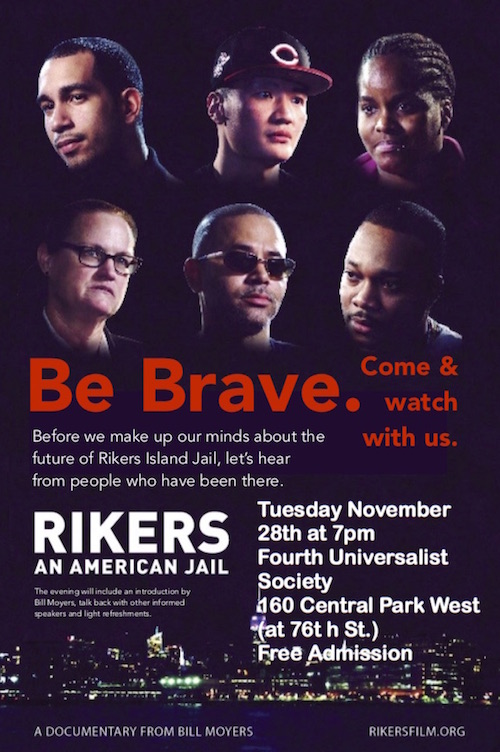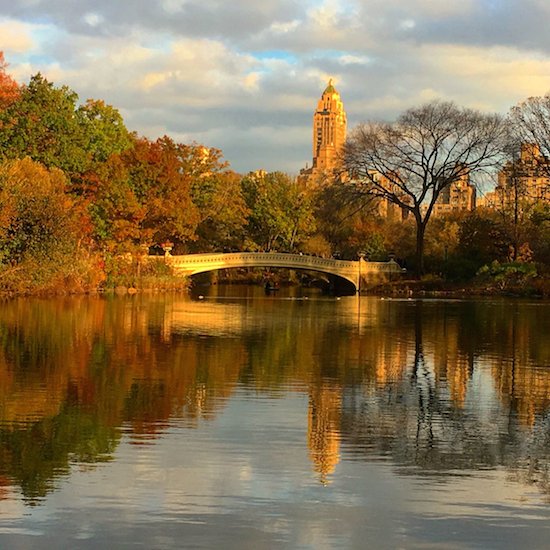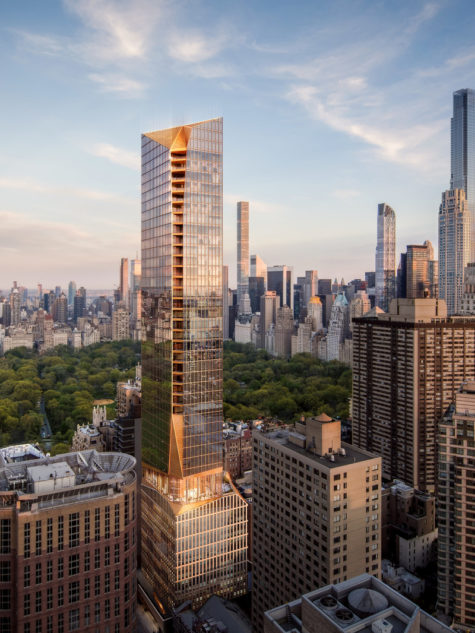By Carol Tannenhauser
If you want to understand the issues compelling criminal justice advocates and state and local politicians to close Rikers Island sooner than later, come see Bill Moyers’ hour-long documentary, RIKERS An American Jail, on Tuesday night at the Fourth Universalist Society at 76th and Central Park West. The film combines footage of the infamous 11-jail complex with the words of those who were once detained there, revealing a culture of violence, deprivation, and cruelty.
Eighty percent of those at Rikers have not been convicted of a crime. Fifty percent are there because they can’t make bail. There are approximately 9,000 inmates and 9,000 guards. Brutality and corruption emanate from both sides.
“It seems like such an abomination for us to have this facility continue to operate,” said Glenn E. Martin, the founder and president of Just Leadership USA, an advocacy organization working to cut the U.S. prison population in half by 2030. “To people who want to be pragmatic: we are spending $167,000 per bed per year to operate a facility that churns out so much damage to New Yorkers, particularly young New Yorkers of color.”
“Up is down, bad is good,” said a former inmate, who felt like he “had been dropped into the Bermuda Triangle” when he crossed the only bridge to Rikers. “I’m here and nobody cares.”
Not true. In addition to advocates and state and local elected officials, one relatively new Upper Westsider (2005), Brian Kramer, aka @whiteguyfromjersey, saw the film and was moved to action.
“It devastated me, made me angry and sad,” Kramer said. “I thought ‘what a waste of humanity,’ and ‘this has to change.’ It was a message that needed to get out there, so I reached out to the church. Reverend Schuyler Vogel loved the idea, put me in touch with Zabby Hovey, who is on the Social Justice Task Force, and we were off and running!”
Bill Moyers, also an Upper West Sider, will be there to introduce the film. Afterward, he will be joined by a cast member and a representative from Just Leadership USA to discuss criminal justice issues, such as the “Close Rikers” movement, speedy trials, and bail reform. Admission is free, and light refreshments will be served.
Fourth Universalist Society
160 Central Park West (76th Street)
Tuesday, November 28
7 p.m.
FREE










One quick correction, we are not “inmates” we are actually detainees when held on Rikers. Growing trend to not use those words when describing formerly incarcerated individuals. Additionally, we are all home, in the community going about our lives trying to get through the trauma of Rikers. Thanks!
I’m only concerned about the trauma of care victims. I don’t care about criminals. Sorry
I’m sure you all are going about your lives- I mean committing more crimes. SMH. How about a story about the victims or an investigation into how these folks got to Rikers?
Is the use of the word detainee preferable to inmate because most on Rikers are not yet convicted of a crime, they are awaiting trial?
Thanks, we changed the language.
It would be nice if equal time was given to the victims of these inmates. Or have we forgotten why we send criminals to jail in the first place?
Rob G said:
“It would be nice if equal time was given to the victims of these inmates. Or have we forgotten why we send criminals to jail in the first place?”
i guess you didn’t take the time to actually read the article:
“Eighty percent of those at Rikers have not been convicted of a crime. Fifty percent are there because they can’t make bail.”
in addition, a large number of crimes with which they are charged are not violent crimes but “victimless”: selling drugs, or even possessing drugs.
i’m 100% in favor of giving attention, restitution, and support to victims of violent crimes and crimes like theft and robbery. but that is not at odds with wanting to reform our system of mass incarceration, which keeps millions throughout the country in jail unnecessarily.
In the spirit of the article I should have used the word detainee rather than convicted criminal, my mistake. But while 50% of the detainees may be there because they can’t make bail, I think it’s safe to assume that nearly 100% are there because they broke the law in the first place. Personally I’d rather they be there than on the streets although their right to due process should ABSOLUTELY be sped up. I would also like to see more $$$ put into rehabilitation programs, like they have in some European countries.
By the way I strongly disagree with your characterization of selling or possessing drugs as a “victimless” crime…How about the innocent people that get robbed or killed for drug money? Or gang members (or bystanders) that get killed over turf wars? Do you have a son or daughter that you love? If their life were ruined or gd forbid ended because of addiction or any of the reasons above, would you not consider them a victim?
They chose to not mention the criminal histories of these wonderful folks at Rikers. There are valid reasons why they are where they are. There are no ‘victimless’ crimes. You really think most inmates are in jail unnecessarily? Really? So the schools are bad because all the honor students are in jail?
Peter, welcome to the mindset of “bending over backwards” for criminals, the ultra-left liberal pink kitty cat wearing Upper West Side.
Peter and Rob G – You should come to the screening. All is not what you might think in the criminal justice system. It might get you thinking.